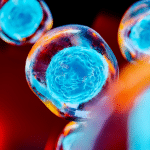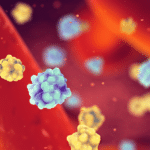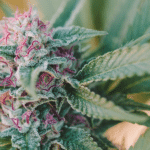Some research has shown that caffeine can amplify the short-term forgetfulness caused by THC. But a new study in the European Journal of Neuroscience indicates that the caffeine may block other effects of cannabinoids.
In a rat model of attention deficit hyperactivity disorder (ADHD), Brazilian and Portuguese scientists applied a potent synthetic CB1 agonist, WIN55,212-2 (WIN), which increased the impulsivity of lab rats. (In this study, impulsivity was used as a measure of a lack of attention or an inability to focus.) Dopamine, cannabinoid, and adenosine receptors signal together to coordinate attention and impulsivity. But the increased impulsiveness induced by WIN in this rat experiment was prevented by blocking adenosine receptors with caffeine.
The chronic use of caffeine, twice a day for almost a month, had the opposite effect as acute use — it increased impulsivity.
It seems that adenosine — and caffeine, an adenosine antagonist — may facilitate different effects of cannabinoids depending on the brain region involved. In the mesolimbic pathway, one of the brain’s reward pathways, adenosine appears to augment cannabinoid signalling. But adenosine suppresses cannabinoid activity in the hippocampus and amygdala.
Studies on caffeine highlight some of the limitations of pre-clinical research. Caffeine has different effects based on one’s circadian rhythm and even the species of animal used, since rats naturally release more adenosine in their brains than mice.
Adrian Devitt-Lee is a research scientist and longtime Project CBD contributor. © Copyright, Project CBD. May not be reprinted without permission.







